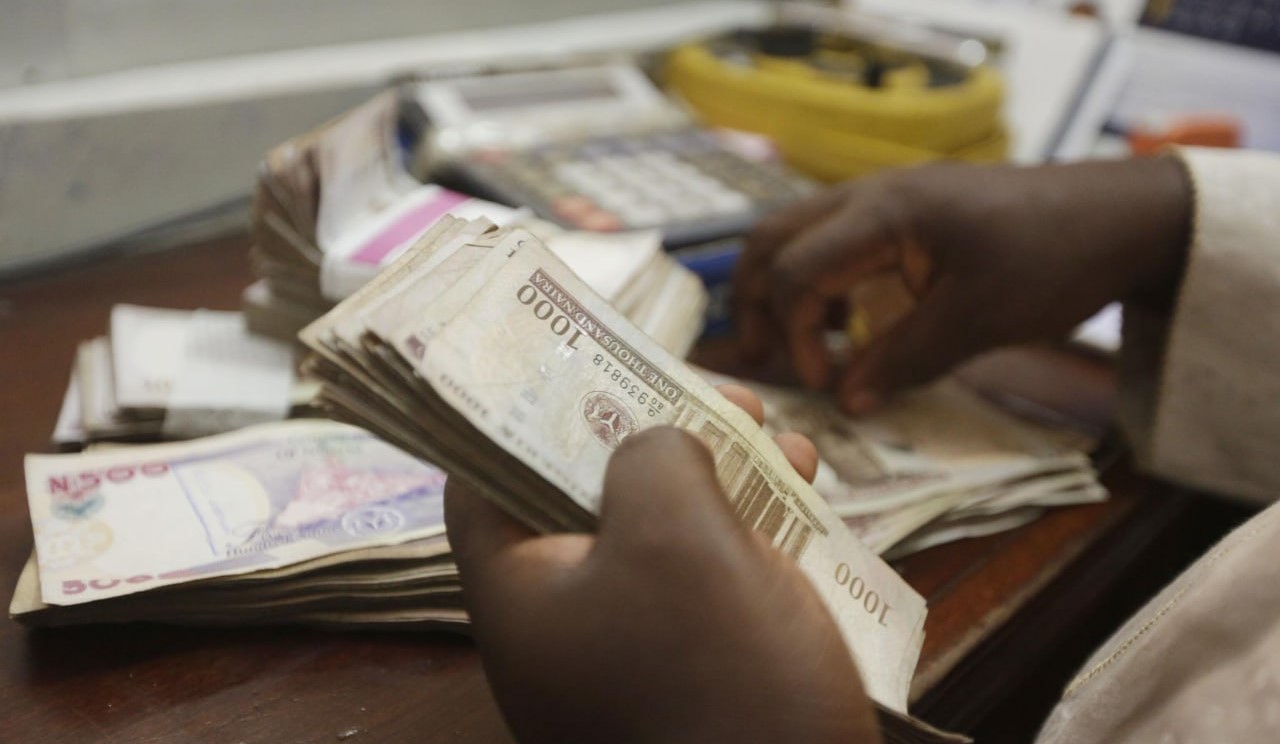Nigeria is witnessing promising economic developments as a result of key reforms. The World Bank has reported that the country’s fiscal deficit has improved markedly, decreasing to 4.4% of GDP in the first half of the previous year, down from 6.2% during the same period the year before. This positive trajectory underscores the effectiveness of Nigeria’s recent economic policies and initiatives aimed at stabilizing and revitalizing its economy.
Progress Amidst Challenges
The ongoing economic reforms, as highlighted by World Bank economist for Nigeria, Alex Sienaert, have initiated a ripple effect across various sectors. Sienaert indicated that these reforms are not only addressing fiscal imbalances but are also leading to positive changes in service sectors and enhancing performance in the oil sector and foreign exchange market. The implications of these improvements are significant, considering Nigeria’s reliance on oil exports and the challenges posed by fluctuations in global oil prices.
The Nigerian economy, often characterized by volatility, has been striving for stability, particularly in the aftermath of the COVID-19 pandemic and the accompanying economic fallout. The reforms have begun to create a more conducive environment for investment and growth, fostering optimism among stakeholders and policymakers alike.
Reforms Aimed at Tax Equity
A cornerstone of Nigeria’s economic strategy involves comprehensive tax reforms aimed at creating a more equitable tax system. Taiwo Oyedele, Chairman of the Presidential Fiscal Policy and Tax Reforms Committee, addressed this issue during the recent 30th Nigeria Economic Summit. He emphasized the need to restructure the tax burden, shifting it away from lower-income earners, who currently constitute 90% of taxpayers, toward wealthier citizens who can contribute more significantly to government revenues.
Oyedele’s insights reflect a broader understanding of the need for a fair tax system that promotes social equity. By ensuring that high-income individuals and corporations pay a more substantial share of taxes, the government can enhance its fiscal capacity to fund essential services and infrastructure development. This shift not only aims to alleviate the financial strain on lower-income earners but also supports broader economic growth by enabling increased public investment in key sectors.
Enhancing the Business Environment
The Nigerian government has recognized that economic reforms must extend beyond taxation to improve the overall business environment. Efforts are underway to streamline regulations, reduce bureaucratic hurdles, and promote ease of doing business. By fostering a more favorable climate for local and foreign investment, Nigeria aims to stimulate economic activity and create jobs.
Furthermore, the focus on improving the oil sector is crucial, as it remains a vital pillar of the Nigerian economy. The government’s commitment to enhancing transparency, efficiency, and governance in the oil industry will not only bolster revenue generation but also restore investor confidence. As oil prices fluctuate in the global market, Nigeria’s ability to manage its oil resources effectively is paramount for its economic resilience.
Strengthening the Foreign Exchange Market
Sienaert also noted improvements in the foreign exchange market, an area that has been fraught with challenges in recent years. The reforms implemented by the Central Bank of Nigeria have aimed to stabilize the naira and ensure a more transparent currency exchange process. A stable foreign exchange market is essential for businesses, particularly those reliant on imports, as it fosters predictability and reduces costs.
The positive developments in Nigeria’s foreign exchange market contribute to a more robust economic framework, enhancing the country’s competitiveness on the global stage. As stability returns, the prospects for trade and investment improve, positioning Nigeria as an attractive destination for international business.














Leave a comment